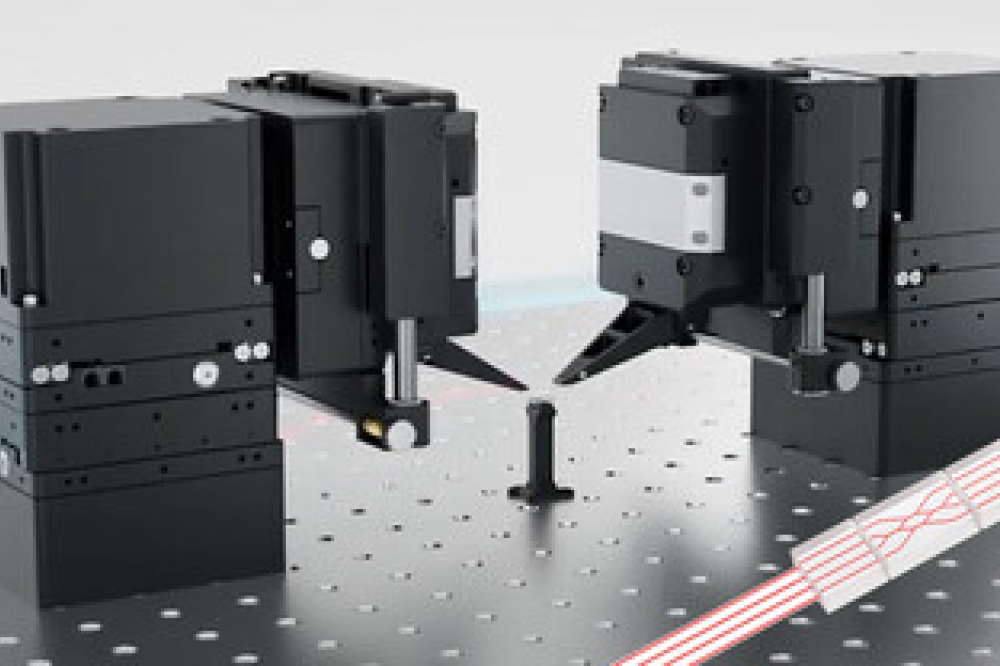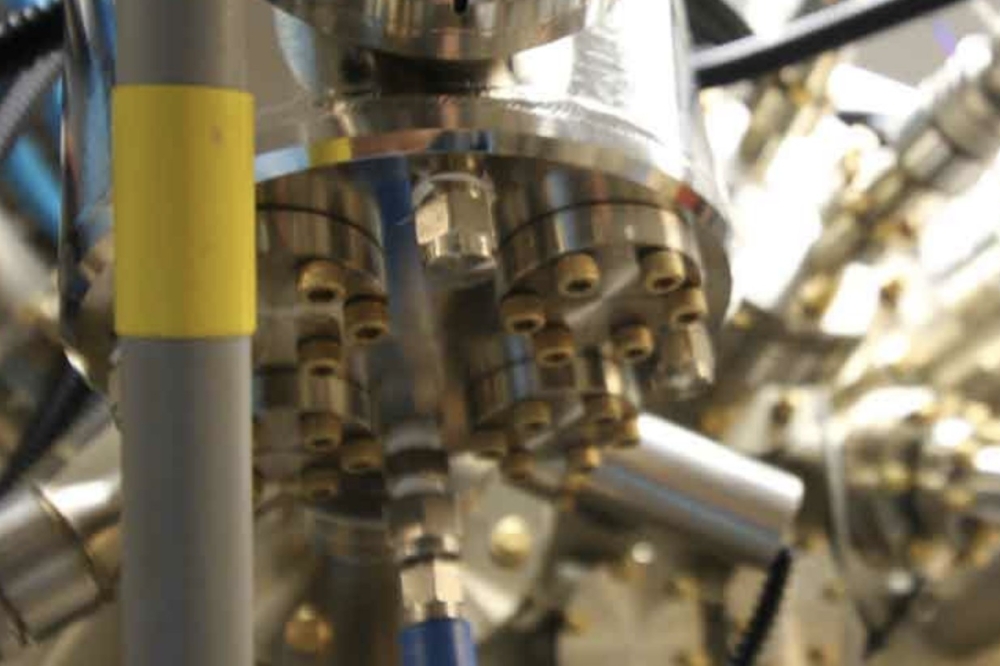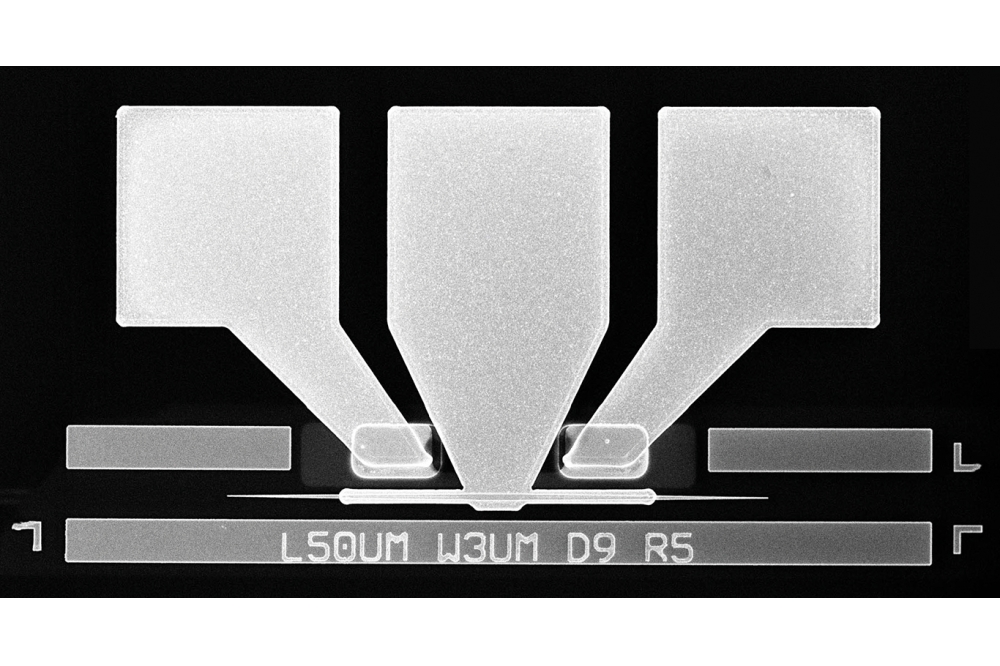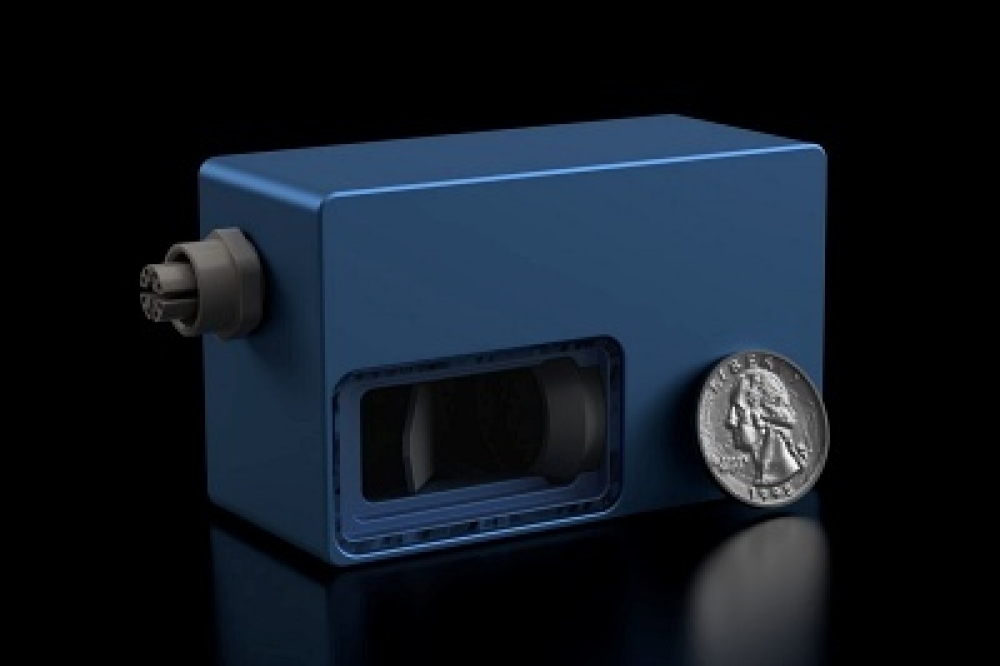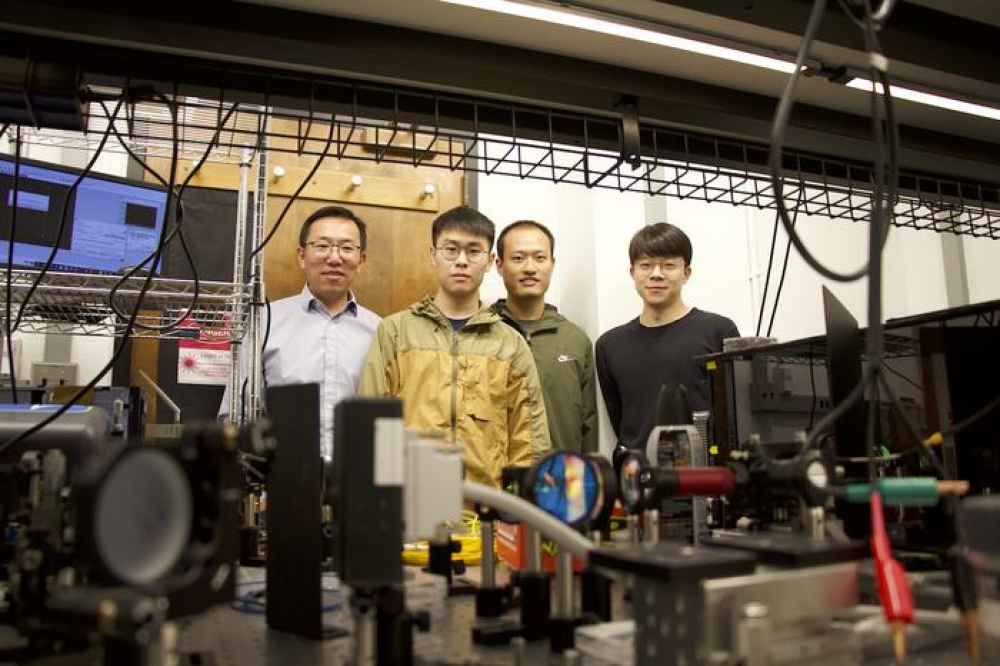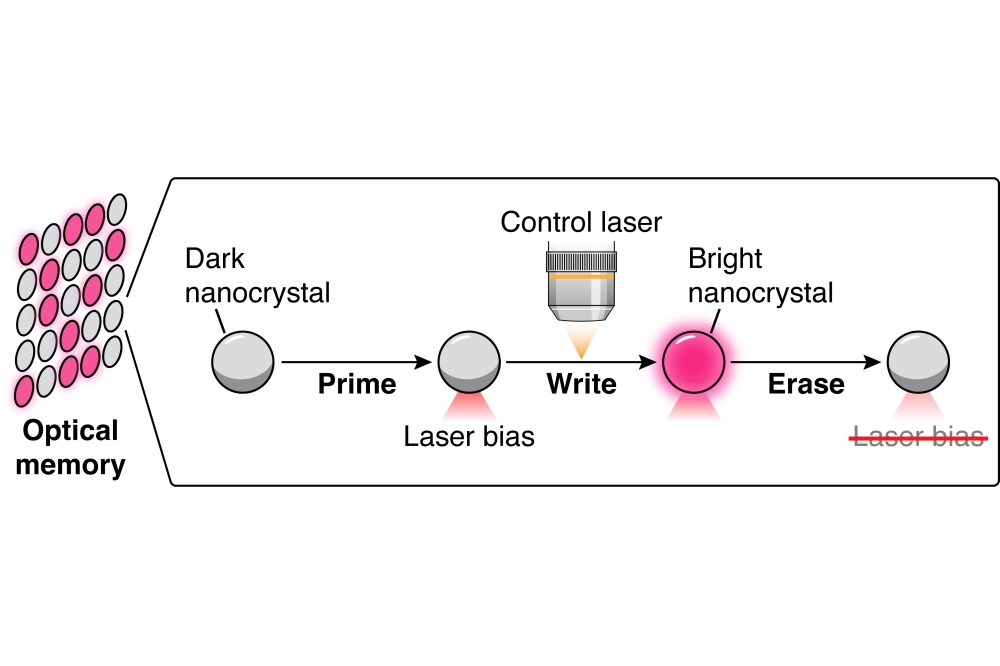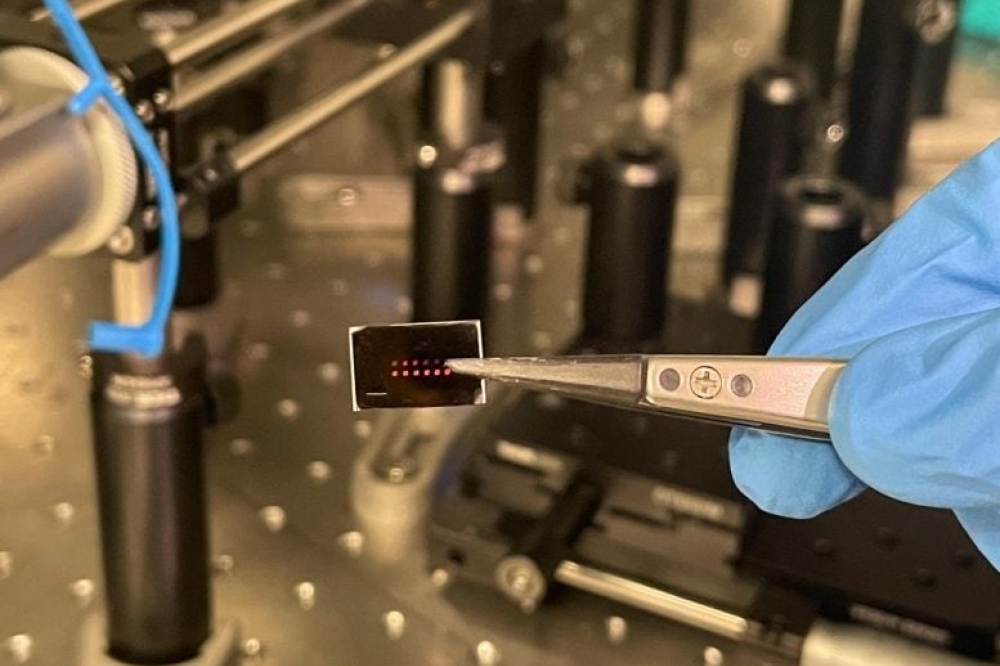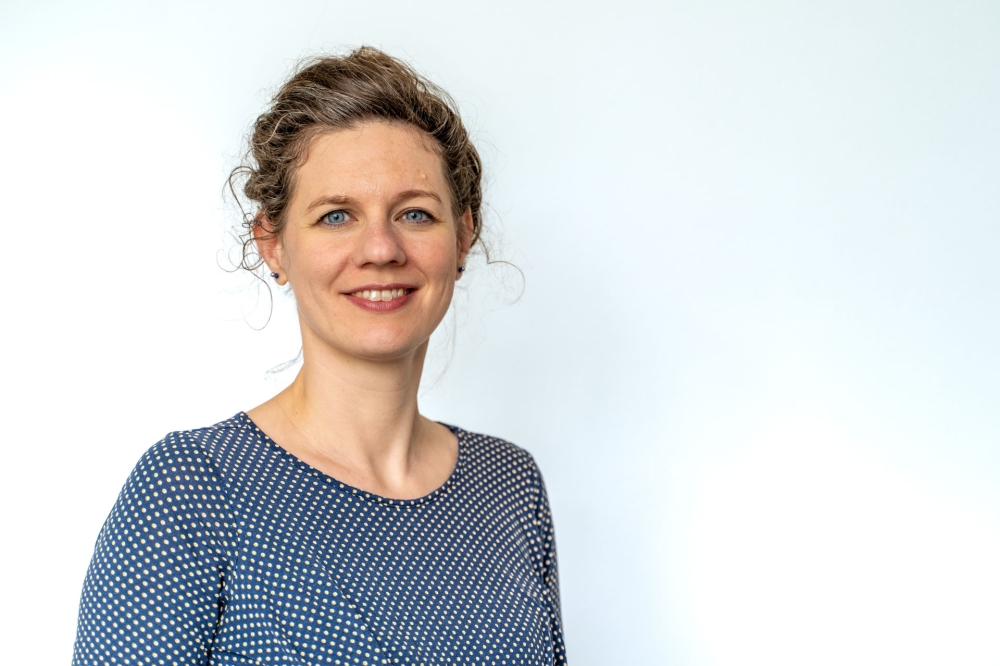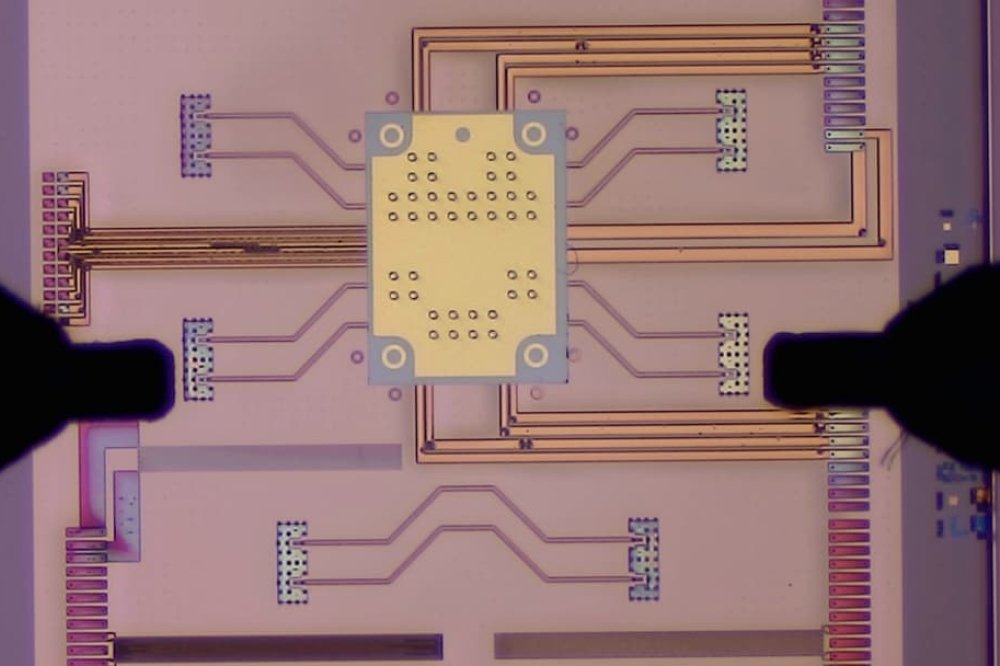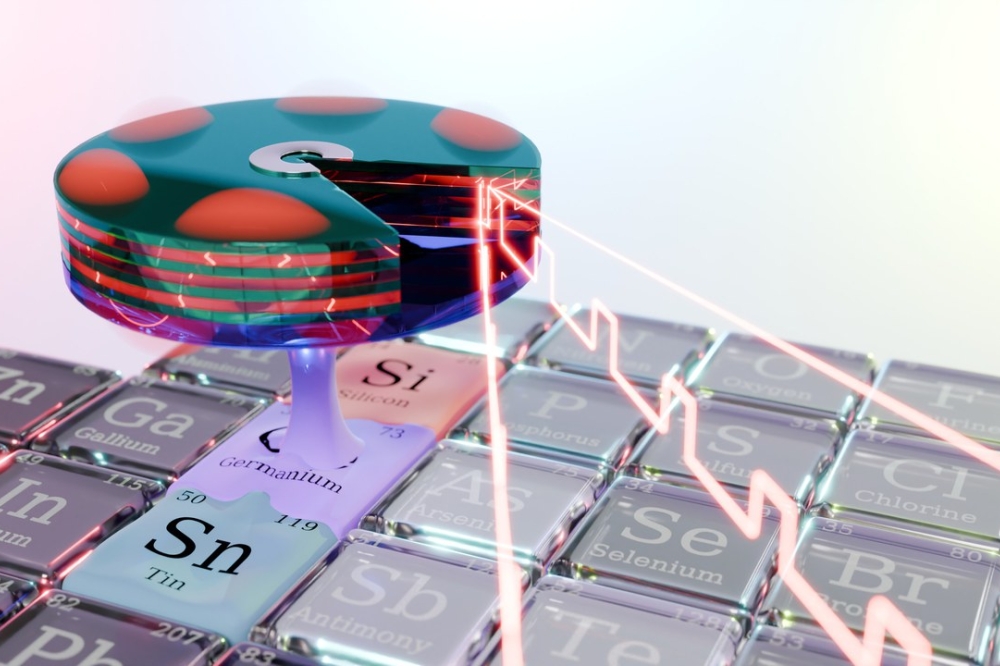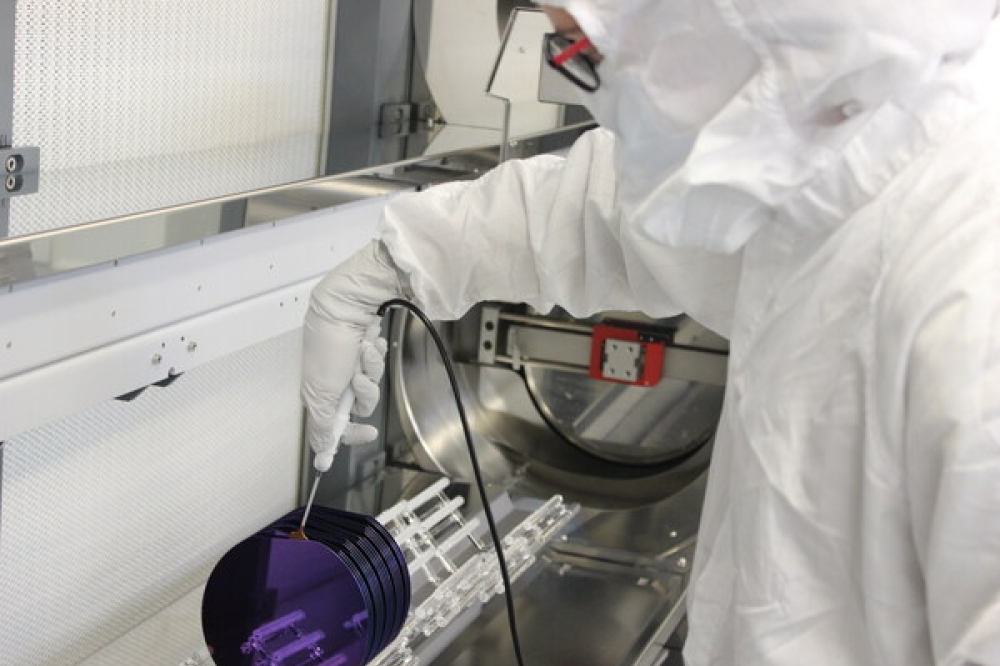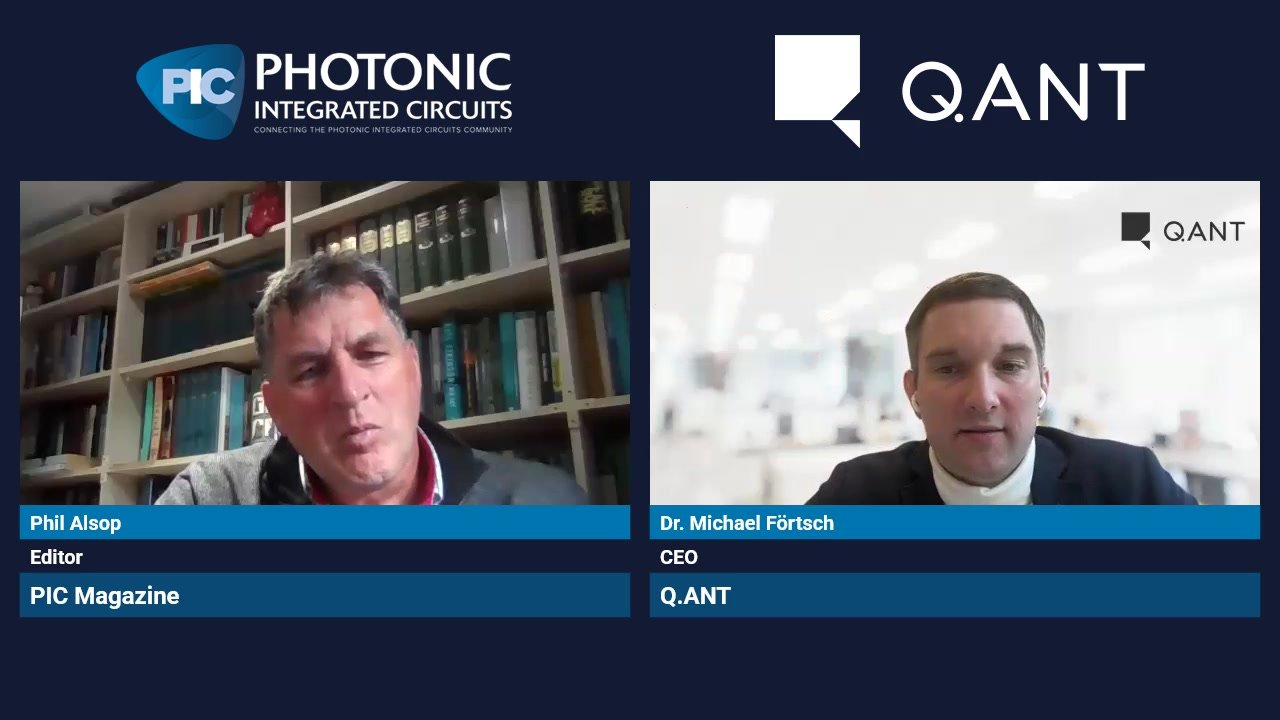Imec Scientist Awarded ERC Starting Grant to develop Ultra-Small Microscopes

Imec, the world-leading research and innovation hub in nanoelectronics and digital technologies, announces that Niels Verellen, one of its young scientists, has been awarded an ERC Starting Grant. The grant of 1.5 million euros (for 5 years) will be used to enable high-resolution, fast, robust, zero-maintenance, inexpensive and ultra-compact microscopy technology based on on-chip photonics and CMOS image sensors. The technology paves the way for multiple applications of cell imaging in life sciences, biology, and medicine and compact, cost-effective DNA sequencing instruments.
Microscopy is an indispensable tool in biology and medicine that has fueled many breakthroughs. Recently the world of microscopy has witnessed a true revolution in terms of increased resolution of fluorescent imaging techniques, including a Nobel Prize in 2014. Yet, these techniques remain largely locked-up in specialized laboratories as they require bulky, expensive instrumentation and highly skilled operators.
The next big push in microscopy with a large societal impact will come from extremely compact and robust optical systems that will make high-resolution microscopy highly accessible and as such facilitate the diagnosis and treatment of diseases or disorders caused by problems at the cell or molecular level, such as meningitis, malaria, diabetes, cancer, and Alzheimer's disease. Moreover, it will pave the way to DNA analysis as a more standard procedure, not only for the diagnosis of genomic disorders or in forensics, but also in cancer treatment, follow-up of transplants, the microbiome, pre-natal tests, and even agriculture, and archeology.
Photo: Niels Verellen (left) collaborating with two of his colleagues in the Life Science Technologies group at imec.
Niels Verellen, Senior Photonics Researcher & project leader at imec:
"Compact, high-resolution and high-throughput microscopy devices will induce a profound change in the way cell biologists do research, in the way DNA sequencing becomes more and more accessible, in the way certain diseases can be diagnosed, new drugs are screened in the pharma industry, and healthcare workers can diagnose patients in remote areas."
The topic of Verellen's ERC grant is the development of Integrated high-Resolution On-Chip Structured Illumination Microscopy (IROCSIM).
This new technology is based on a novel imaging platform that integrates active on-chip photonics and CMOS image sensors. "Whereas existing microscopy techniques today suffer from a trade-off between equipment size, field-of-view, and resolution, the IROCSIM solution will eliminate the need for bulky optical components and enable microscopy in the smallest possible form-factor, with a scalable field-of-view and without compromising the resolution," continues Verellen.
The European Research Council (ERC) is a pan European funding body designed to support investigator-driven frontier research and stimulate scientific excellence across Europe. The ERC aims to support the best and most creative scientists to identify and explore new opportunities and directions in any field of research. ERC Starting grants in particular are designed to support outstanding researchers with 2 to 7 years postdoctoral experience.
Jo De Boeck, imec's CTO says: "We are very proud that young researchers such as Niels Verellen are awarded an ERC Starting Grant and as such get a unique opportunity to fulfill their ambitions and creative ideas in research. At imec, we select and foster our young scientists and provide them with a world-class infrastructure. These ERC Starting Grants show that their work indeed meets the highest standards."



